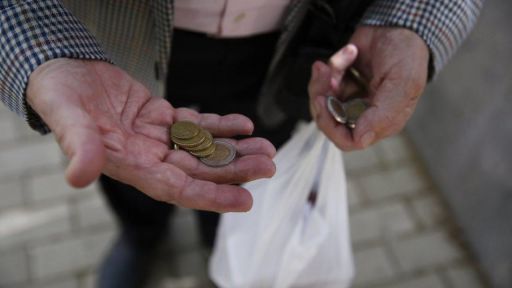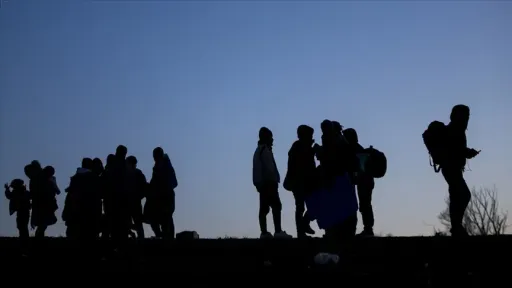Greece among EU’s five poorest countries, says Eurostat

Greece remains among the five poorest countries in the European Union, according to new figures released by Eurostat, the EU’s official statistics agency. The data shows that 10.7% of Greek workers — roughly one in ten — are at risk of poverty, placing the country fifth overall in the bloc.
The only EU member states with higher rates were Luxembourg (13.4%), Bulgaria (11.8%), Spain (11.2%), and Romania (10.9%).
Men hit hardest
Among male workers, the situation in Greece is even more severe: 13% are at risk of poverty, making Greece the second-worst performer in the EU, tied with Bulgaria and just behind Romania (14.4%).
For women, the picture is somewhat better — 7.6% of female employees are considered at risk, ranking Greece 14th among EU countries and ahead of larger economies such as Italy, Switzerland, and France.
Income decline despite EU growth
Eurostat’s latest publication, “Key Figures on Living Conditions in Europe 2025,” paints a troubling picture for Greece’s income levels. While the average disposable income across the EU rose 20.4% in real terms since 2010, Greece recorded a 25.8% decline — the steepest drop in the Union.
Only Italy (-2.8%) and France (-1.7%) also saw decreases during that period, while several eastern EU countries experienced dramatic growth: Romania’s average income jumped by 162%, followed by strong gains in Bulgaria, Poland, Croatia, Hungary, and the Baltic states.
Working poor across the EU
Across the European Union, 8.2% of employed adults — both employees and the self-employed — are considered at risk of poverty. Men are more affected (9%) than women (7.3%), with Luxembourg showing the highest overall rate among workers (13.4%) and Finland the lowest (2.8%).
In most EU member states — including Greece — men are more likely than women to face poverty, a gap that is especially wide in Romania, where the difference between genders exceeds eight percentage points.
tovima






